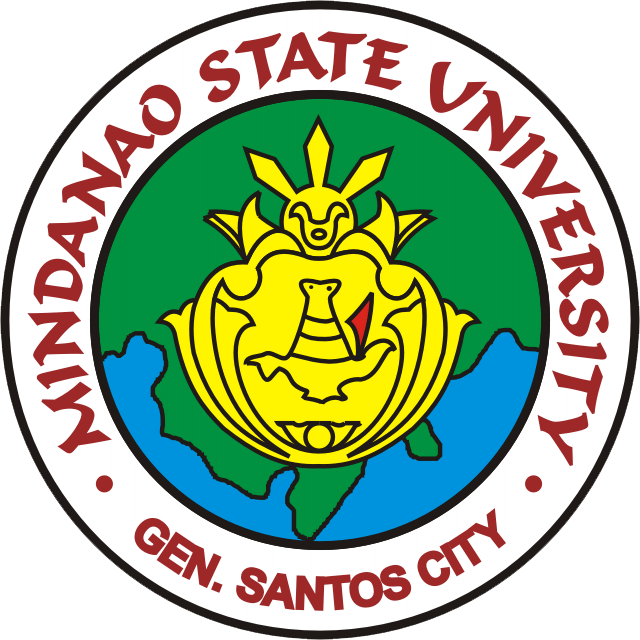This study investigated COVID-19 and vaccination-related perceptions and knowledge of elementary school teachers of selected barangays in Malapatan, Sarangani Province. Rural appraisal techniques (personal interviews, semi-structured interviews) and secondary data review revealed social media as the major information source for the majority of teachers. Incidentally, scientifically proven aspects relating to COVID-19 transmission, detection, symptoms/manifestation, prevention and instituted community responses to curtail viral spread underscore the effectiveness of information dissemination campaigns by the local government units (LGU), health-related organizations (i.e. WHO) and the media. When asked about their course of action if they manifest COVID-19 symptoms, the majority chose hospitalization, while a significant number opted for other alternatives because of the exorbitant cost associated with the former. Furthermore, vaccine preference did not really figure out for this particular sector during vaccine rollouts by the LGU. Ironically, while the majority of teachers were vaccinated, misconceptions were rife in relation to the cure for COVID-19, the perceived long-term effects of the vaccine and their doubts about the vaccine. In Malapatan, Sarangani Province, the specter of the 2017 Dengvaxia fiasco weighed heavily on the teacher respondents and influenced their decision-making processes. Finally, since elementary school teachers are frontliners in the educational sector, it is of paramount importance that their viewpoints and knowledge about COVID-19 and vaccination are accurate. Otherwise, they will become agents of viral spread in the classroom as well as in the proliferation of erroneous information, the extent of each of which is difficult to ascertain and control once it is out there.
Author
Anghelou Floyd P. Delgado
Abstract
SY
2023
Program
Bachelor of Science in Biology
Department
Department: Science
College
College: Natural Sciences and Mathematics
